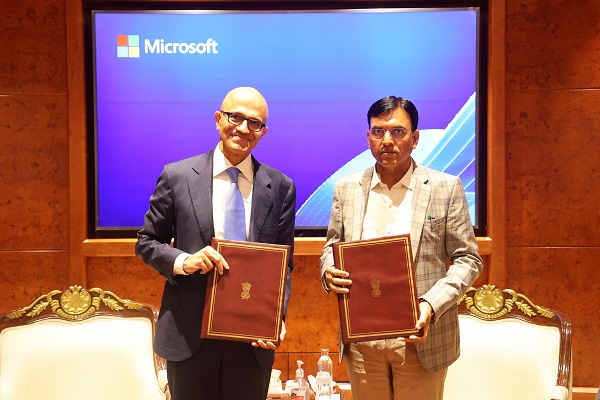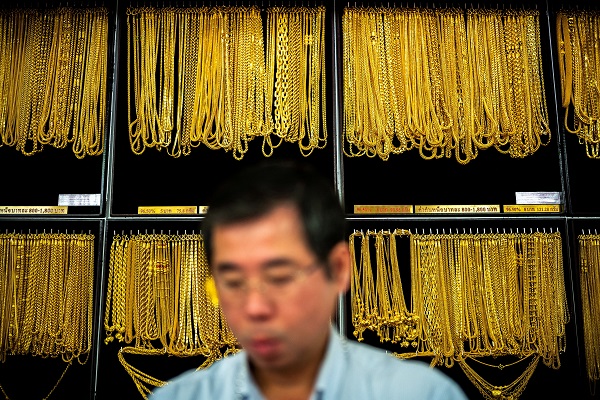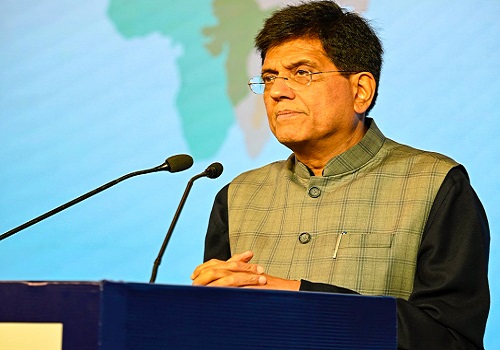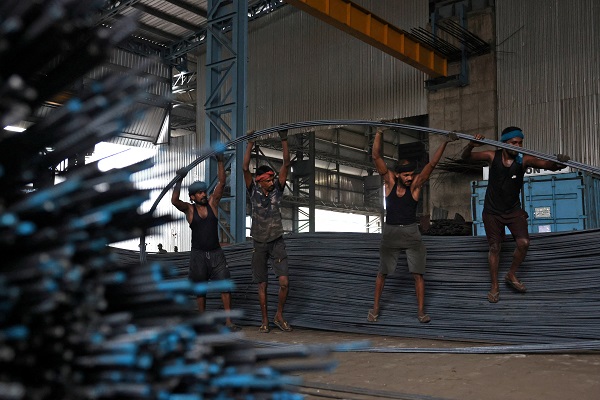Direct Spectrum allocation to enterprises is not tenable in India: COAI

Direct Spectrum allocation to enterprises is not tenable in India because of various reasons pertaining to India’s telecom ecosystem, the national revenue, as well as security architecture, according to a statement on Monday.
"While some industry bodies have, in their interests, drawn parallels with countries such as the US, Finland, Germany, UK, etc. where private networks have been deployed, this comparison ignores a crucial contextual difference of such industries being located in remote or geographically secluded areas with limited public network coverage," said Cellular Operators Association of India (COAI) in its statement.
According to COAI, in India, however, most industrial corridors and enterprise zones are already well-served by telecom operators, thereby leaving no coverage deficit.
It is further misleading to state that setting up private networks independently would be cheaper for enterprises, as in reality, deploying a private 5G network entails significant capital expenditure on equipment, spectrum management, security, network maintenance and skilled personnel, the statement said.
Unlike TSPs, most enterprises do not have the expertise or scale to manage telecom infrastructure efficiently.
What appears cheaper on paper could turn out to be more expensive and operationally burdensome in practice, the report emphasised.
Moreover, with continuous upgrades and evolution of both the technology as well as the ecosystem, there would be a need for continuous upgradations to the network components in the private network, which the TSPs would be in the most favourable position to know and deploy suitably.
"The future of India's digital economy must be built on secure, inclusive and accountable networks, and Indian Telecom Service Providers stand ready to deliver private 5G solutions under appropriate regulatory supervision,” said Lt. Gen. Dr. S.P. Kochhar, Director General, COAI.
As per the statement, it is also misleading to claim that telcos would not be technically equipped to provide for the private networks, as with the provisions of 5G, knowledge of the requisite SLAs and the provision of Network Slicing put together, the telcos are in a better position to provide the services along with the knowledge and experience required to run the same on a long-term basis.
It may also be noted that radio frequencies cannot be geographically or physically contained and hence, RF signals from private networks can spill over beyond the intended premises, leading to interference with public mobile networks operated by licenced TSPs, creating risks in network reliability, service quality and user experience on both sides.
Besides, one must also consider the significant loss to the government exchequer in case of private networks, as the national auction of Spectrum generated Rs 1.5 lakh crore in 2022 alone, the statement highlighted.




















